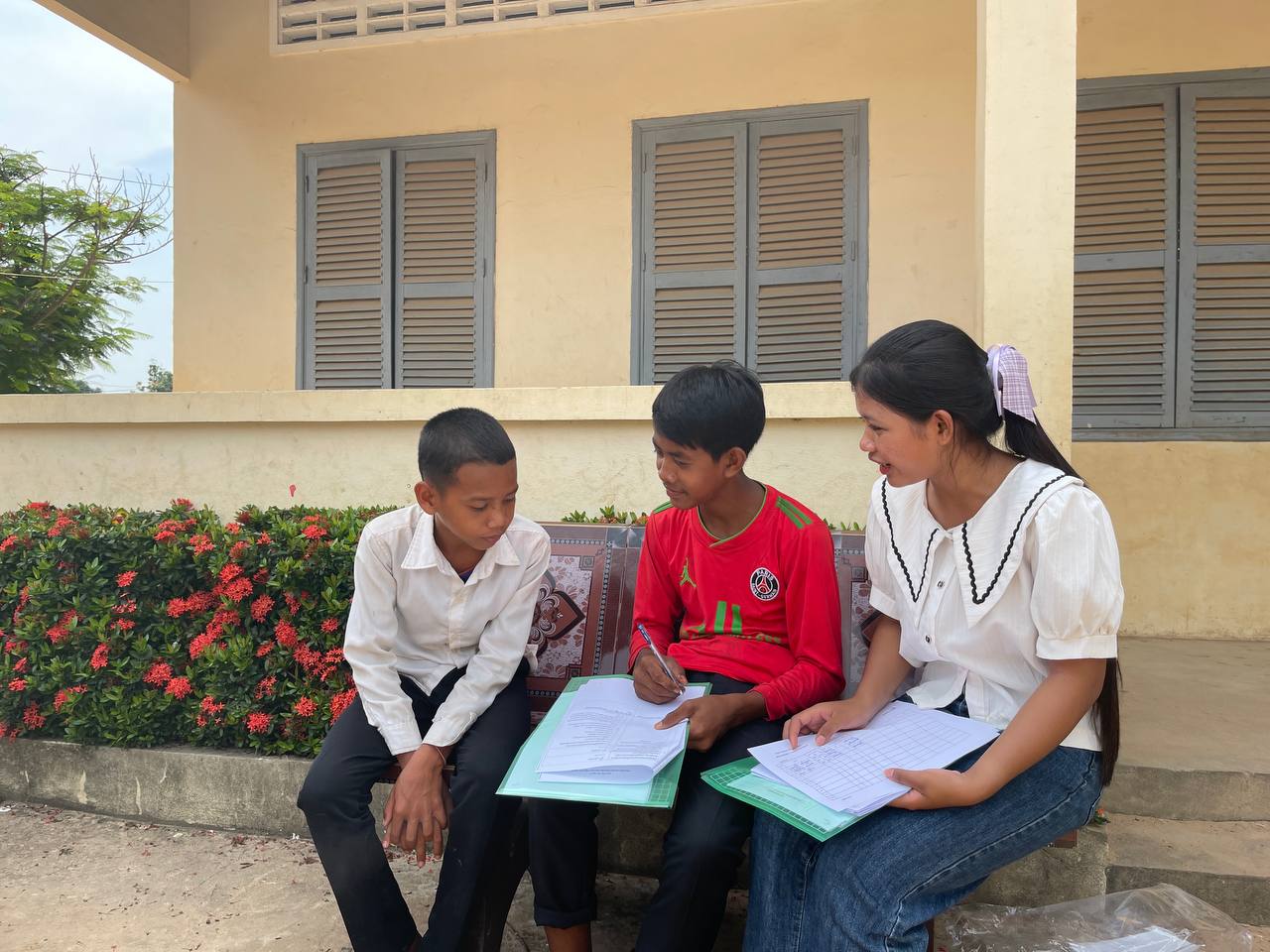What If We Were Truly Heard?

What if, for once, adults stopped talking about children and actually listened to us? What if our ideas weren’t brushed aside but taken seriously, shaping the choices that affect our lives every day?
18 September 2025.
More than 1,200 children across 13 countries shared their thoughts on school meals as part of World Vision’s ENOUGH campaign to end child hunger and malnutrition. I was part of the Brazil team, and now I’ve been given the honour of speaking on behalf of all of us. What we discovered is clear:
We don’t just want to be heard we want to be part of the decisions that shape our futures.
A Turning Point
When I was invited to take part in a research project led by children, I felt both proud and happy. I’d never done anything like this before. At first, I thought it would just be about sharing what children in Brazil thought about school meals. But then I learned that children from Africa, Asia, Europe and Latin America were part of the same research.
It felt like we were connected, like a big group of friends I had never met, but who understood me completely. Knowing that children far away were asking the same questions for the same goal, better school meals for every child, gave me strength. It showed me that our voices, together, are powerful.

We’re Not Just Pointing Out Problems
The research findings show how important school meals are for us. Around 59% of children rated their meals as good or very good. That means many values them, but it also shows how many are left disappointed, often because the portions are too small, the menus never change, or the food isn’t healthy enough.
We also would like to be part of the changes. We want to work with adults, with teachers, governments, and leaders to make school meals better. Children want to be partners, not just passengers. We want to suggest menus, talk about nutrition, and help to put together a plan that work for everyone.
Why It Matters to Us
Here in Brazil, school meals have helped reduce hunger. That gives me hope. But learning that millions of children in other countries are still left behind broke my heart. Hunger is unfair. And it is preventable.
We all agreed that school meals aren’t just food. They mean being able to concentrate in class, feeling cared for, and knowing we matter. They’re about dignity, safety, and hope.
When a child is too hungry to listen, they don’t just miss a lesson, they feel invisible and for us when one child eats while another doesn’t, it feels unfair. So, here’s the question children are asking: if some countries can make progress, why can’t other do more?
Our Message
I may only be one voice, but I speak for the 1,235 children who took part in this project and shared their stories. Together, we are saying:
- Listen to us and include children in decisions.
- Make school meals a right for every child, not a privilege for some.
And please, don’t just call us “the future”. We are here now. We have ideas that matter.
Because our voices matter. Our school meals matter. Our future matters.
Giselle, 15, child researcher and delegate, Brazil
She is a first-year secondary school student with a deep love for literature and writing. She enjoys crafting poetry, reflective texts, and chronicles, and is passionate about communication and personal growth. She actively participates in public policy initiatives focused on citizenship, human rights, and education.
To learn more about the Global Child-Led School Meals Report Click here